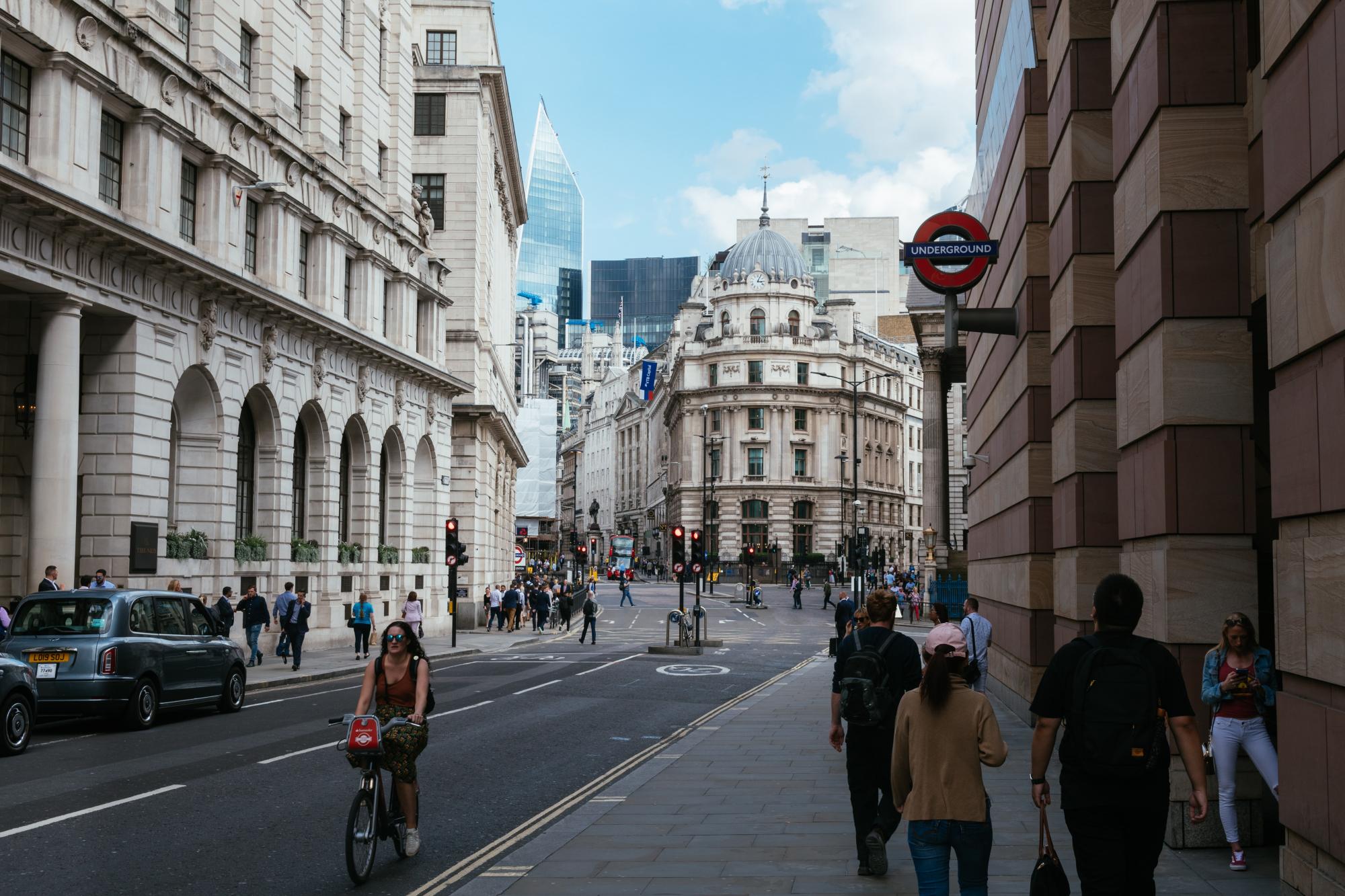Test- FTSE 100 Kicks Off August on a High as BP and Senior Lead Market Momentum
$11
10 Oct 2025, 13:13

Unsplash.com

Andrew Bailey, governor of the Bank of England, stated that the UK's headline inflation rate has decreased over the previous two months, which may indicate that the economy has passed the worst of a cost-of-living squeeze.
In an interview with the Western Mail that was published on the BusinessLive website on Thursday, Bailey stated that it is "the beginning of an indication that a corner has been turned." "What we believe is the most likely result is that it (inflation) will decline pretty fast this year, perhaps starting in the late spring, and that has a great deal to do with energy pricing," as per the interview.
The remarks imply that central bank officials may be debating when to stop the fastest round of monetary tightening in thirty years. Since December 2021, policymakers have raised the main lending rate nine times in an effort to rein in rising costs that have strained consumer budgets.
He added that the BOE is still worried about inflationary pressures in the labour market, but he also pointed out some indications that the rapid wage increase may be poised to slow down.
Further he commented, "At the moment, I believe the news on pay — yeah, there are some signals that if anything it is still growing a little bit — but some of the forward-looking surveys of wages and pay are really not as good as that. We are gathering all available data, according to the statement.”
Inflation dropped to 10.5% in December from a 41-year high of 11.1% in October, according to official data released this week.
With the exception of the time immediately after the epidemic, another survey revealed that pay growth reached its greatest level ever.
The governor issued a warning that the slowdown in economic activity is likely to result in a "long but modest recession." He is still worried about how tight the job market is and how that may affect inflation.
He claimed that because at least 500,000 individuals have left the labour market since the virus, the UK is seeing "a fairly extraordinary and quite unique decrease in the labour force."
Although it has increased marginally, Bailey noted that unemployment is still at historically low levels. The workforce has decreased and there has been an increase in inactivity, which is pressuring the labour market and pushing up wages and inflation.
According to Bailey, current market estimates for interest rates are more closely aligned with the BOE's view of the peak in borrowing costs. Investors anticipate that the benchmark lending rate will rise by another percentage point, to 4.5%, including a half-point increase in February.
He stressed that the Covid outbreak is still having an impact on the UK and that the situation is more uncertain than usual.
(Bloomberg.co.uk, bbcnews.co.uk)